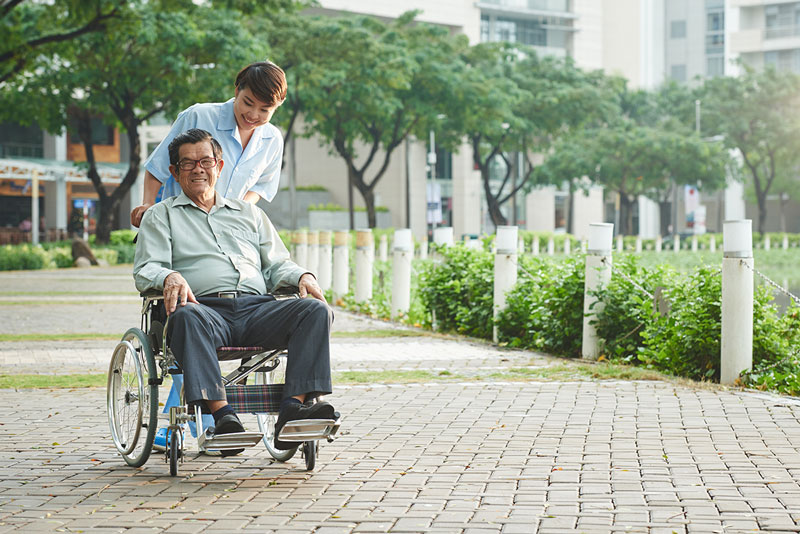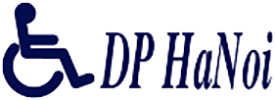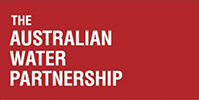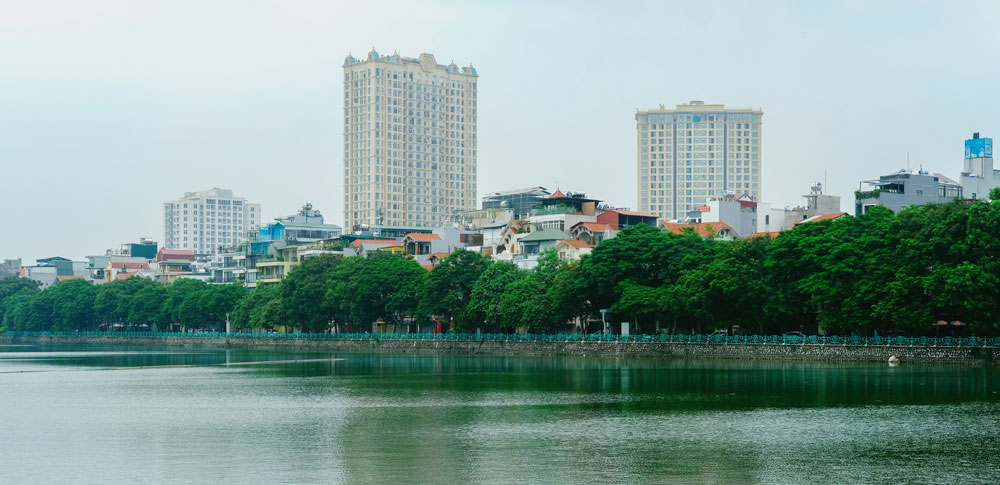Building capacity to influence policies and initiatives that benefit peoples with disabilities
We are working with the Hanoi Association of Persons with Disabilities (DP Hanoi), to collaborate on research and build their capacity to collect and use data to influence policies and initiatives that benefit peoples with disabilities.
Background
Viet Nam is one of the world’s most vulnerable countries to the growing hazards of climate change. Impacts on communities can be direct – e.g. water security issues of drought, floods and environmental degradation and loss of natural capital. Or they can be indirect – in terms of food security, public health and in responses to heat waves and wildfires.
Climate change is having the largest impact on the world’s poorest and most vulnerable people. Within this group, 20% are peoples with disabilities, who are nearly always doubly disadvantaged.1
1 CBM, Disability and Climate Change Briefing Paper, p 1.
Peoples with disabilities (and other vulnerable groups) are typically more affected by the negative impacts of climate change and rapid urbanisation. Peoples with disabilities face greater exposure by living in marginal or unsafe areas, such as on low lying and poorly serviced areas subject to flooding or along unstable riverbanks. They often lack secure tenure rights over land and resources, and the processes of urbanisation can lead to further marginalisation and undermine resilience. They rarely receive investment support that can reduce their exposure to the risks of climate change and urbanisation. Poor and marginalised households are also less able to absorb and recover from the impact of hazard events and rely on a range of sub-optimal coping mechanisms, with little savings and a lack of access to formal credit mechanisms. And in this context, women living with a disability can experience a double burden, with existing inequities exacerbated.
DP Hanoi is a not-for-profit organisation that aims to improve outcomes for peoples with disabilities. Its objectives are to:
- encourage, assist and facilitate peoples with disabilities to achieve independent lives, and support their families and communities
- raise awareness of peoples with disabilities
- facilitate equal social participation.
Hoàn Kiếm Lake
What we’re doing
Water Sensitive Cities – with partner BehaviourWorks Australia – is employing a co-design approach to designing research, gathering evidence and building capacity with DP Hanoi. Working together, we will deliver:
- a research plan including participatory data gathering, designed to hear directly from Vietnamese peoples with disabilities and supporting organisations’ experiences given increasing extreme weather events and climate change, and how they, and their interests, are included in response and disaster preparedness
- a research methodology that includes participatory (on job) skills development and learning and reflection processes
- training on data collection techniques
- a rapid evidence review
- collated findings presented in an evidence-based report that DP Hanoi can use in its advocacy for the rights of peoples with disability in the context of disaster response and climate change, and work to influence decision makers, including in implementation of the Water Resources Law reform process.
How it will help
The project offers both short-term and longer-term benefits.
In the short term, DP Hanoi will have enhanced capability to influence the implementation of the revised Vietnamese Law on Water Resources, and to secure better outcomes for peoples with disabilities in the context of water insecurity and climate change. Existing gender equality, disability and social inclusion (GEDSI) tools, guidelines and disability inclusion resources will be referenced and incorporated to enhance and help guide this research and its action learning capacity building process. Our approach demonstrates a synergy of efforts towards more inclusive responses to climate change and water management strategies.
In the longer term, DP Hanoi can use its enhanced capability to provide sector thought leadership and upskill others in its membership, and the broader network of organisations for peoples with disabilities (OPDs), organisations supporting other vulnerable groups, university students and teachers.
This project in Viet Nam also presents an opportunity for broader impact and shared learning, by establishing an approach for scaling this work to other countries in the Mekong region.
The CRCWSC has produced research, guidelines and
tools related to the following topics:
Integrated Urban Flood
Management
Climate change
mitigation
Community
engagement
Economics and
business case





